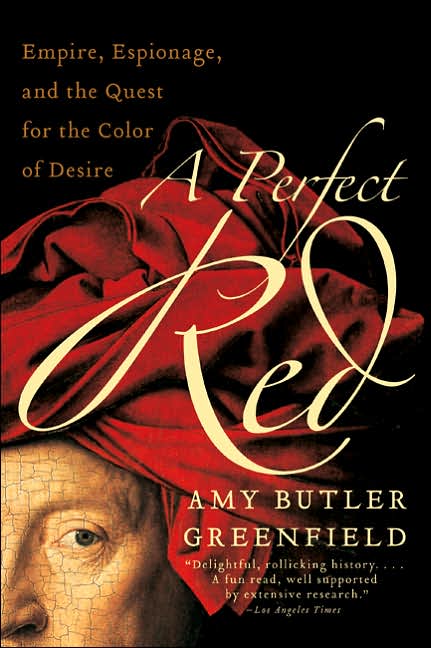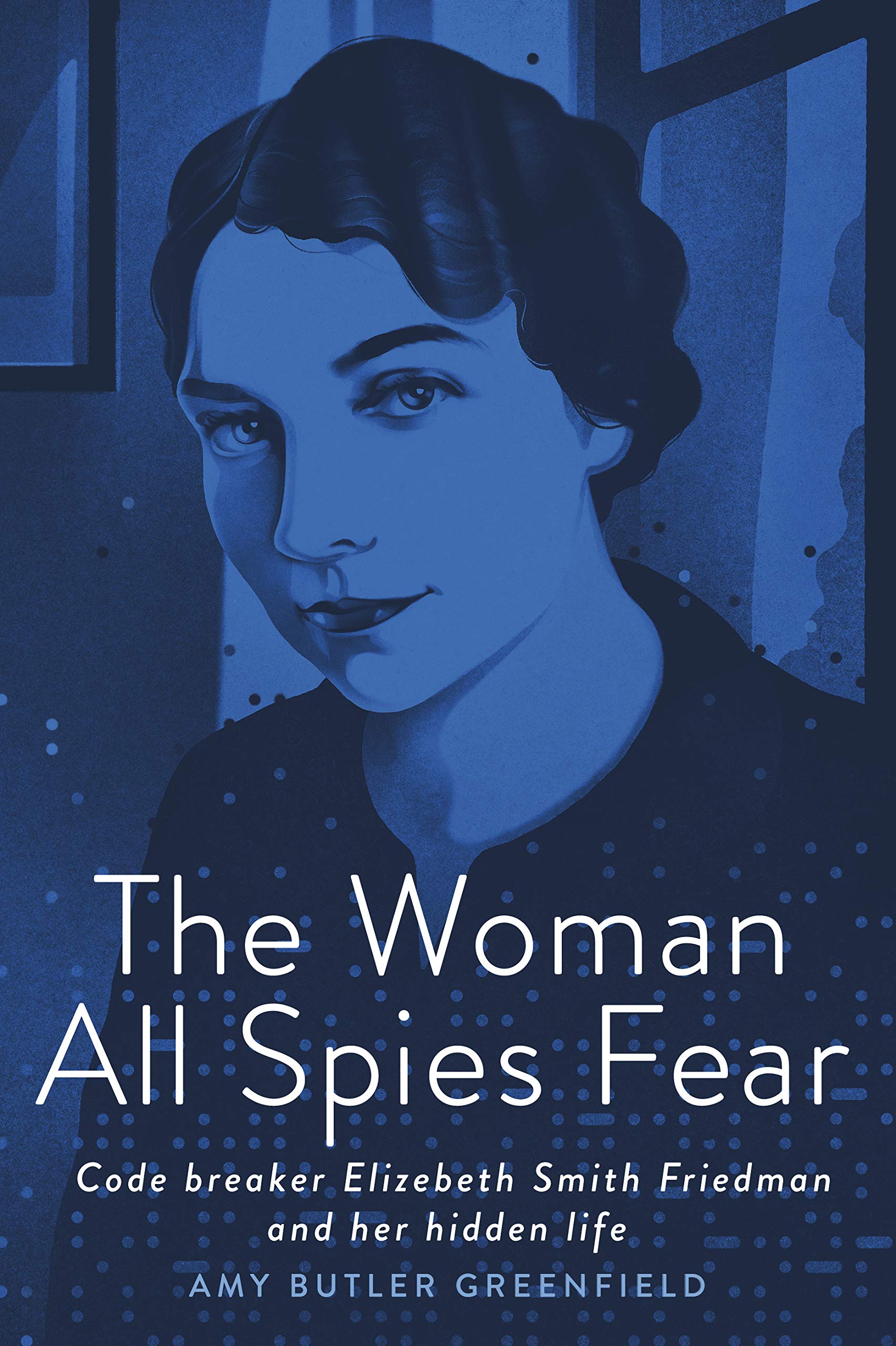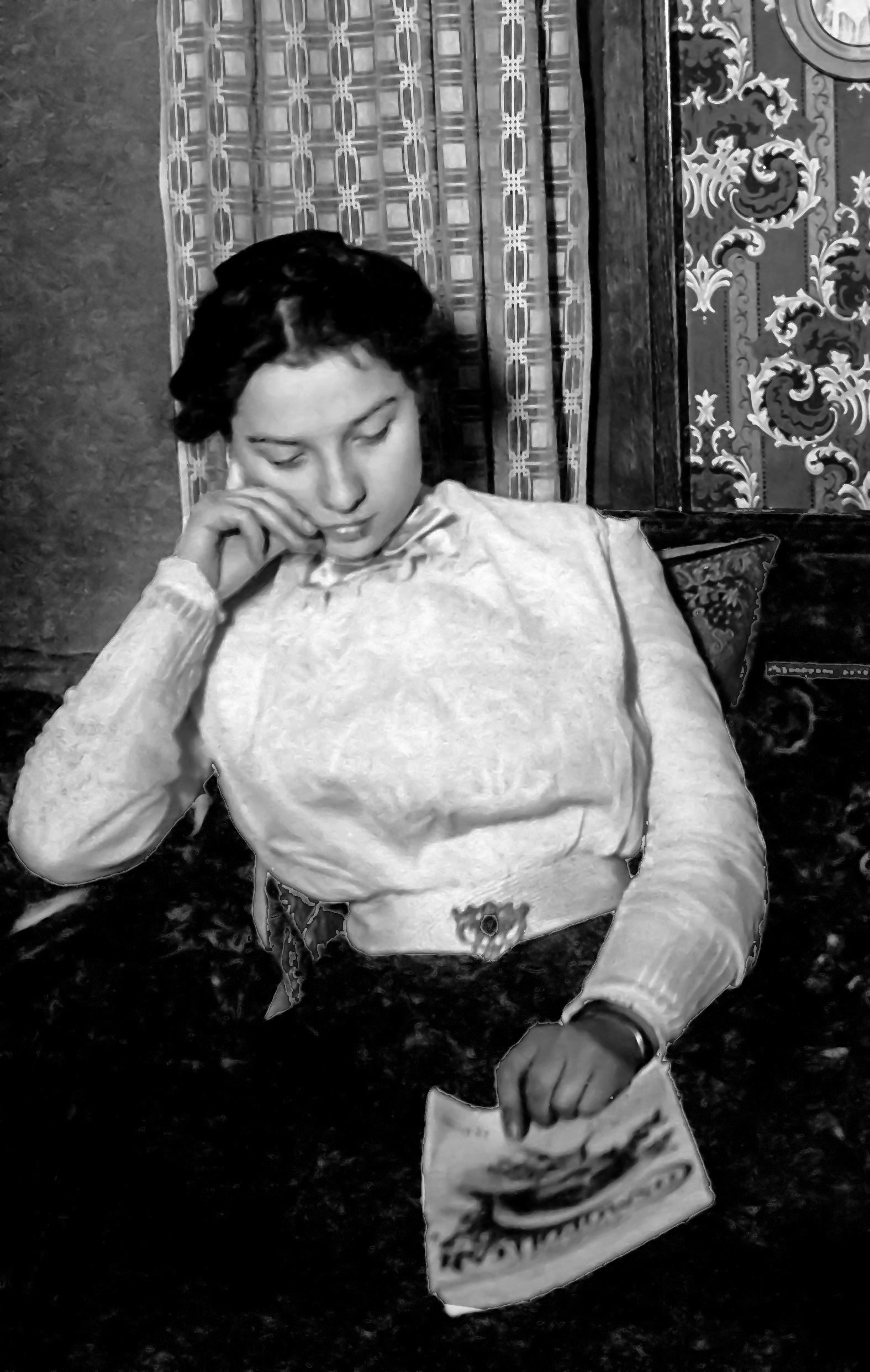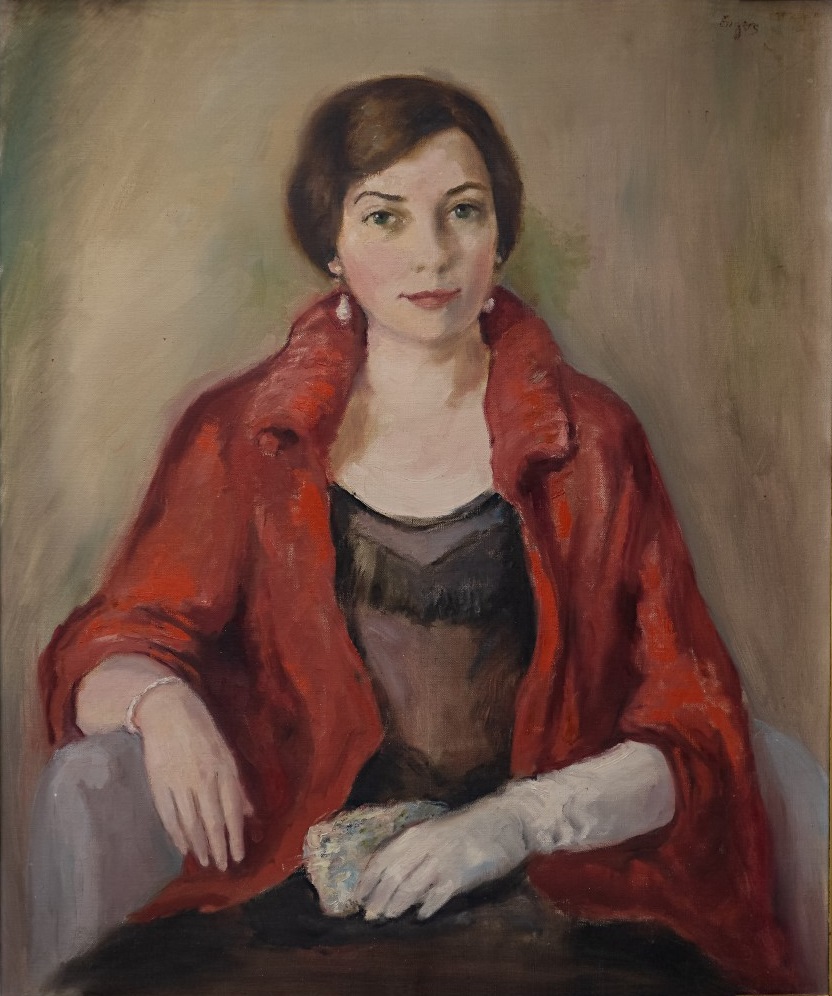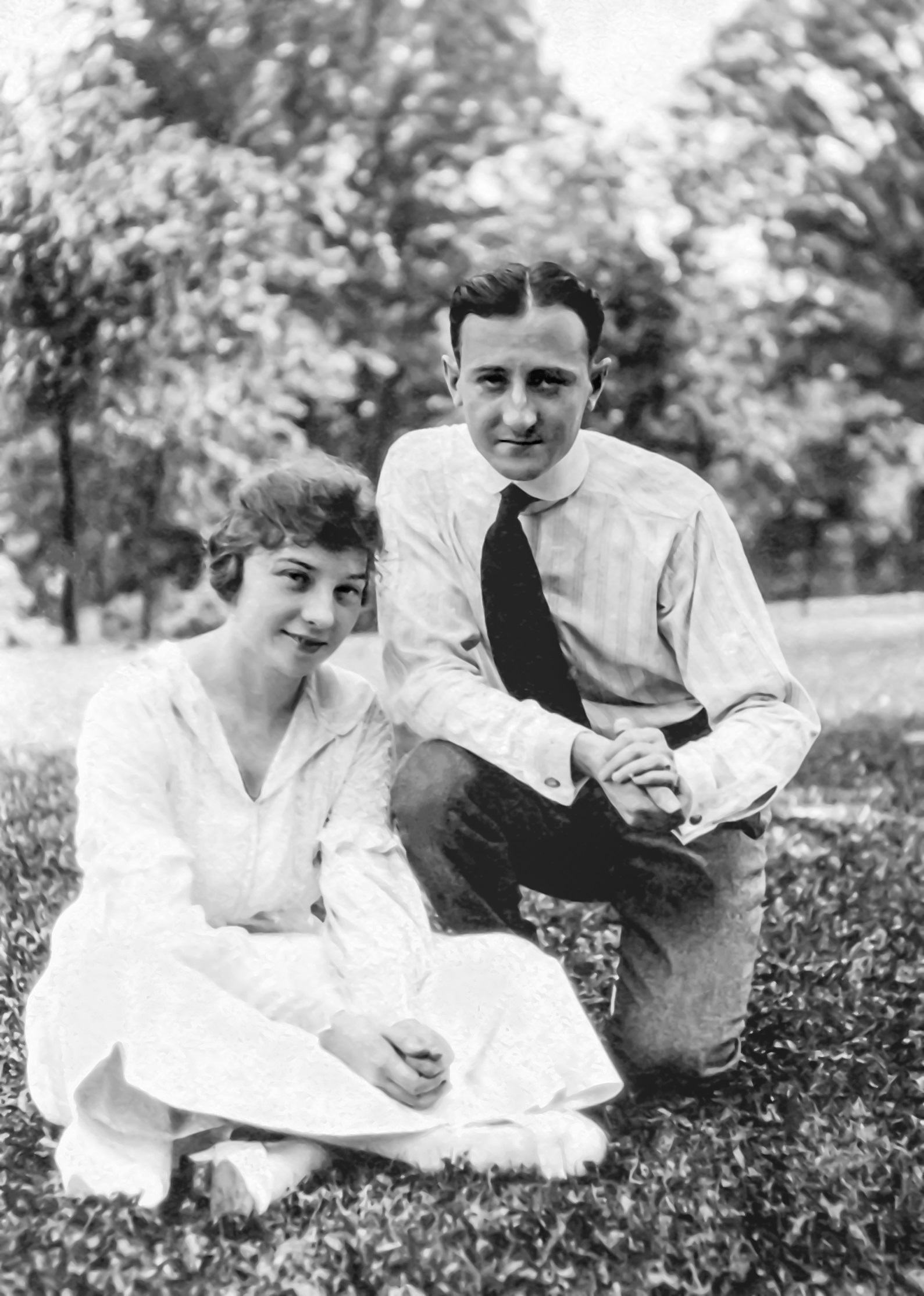
Discussion Questions
for The Woman All Spies Fear
- For decades, Elizebeth was written out of history, and the credit for her achievements went to the FBI, her husband, and other men she worked with. Why do you think that happened? Do you think this is still happening to women today, or has that improved?
- Elizebeth pushed hard to get a college education, but afterward she felt crushed by debt. Was the cost of her education too high? If you were giving her advice about education today, what would you say?
- Why do you think Elizebeth lied about her age? If you could subtract a year from your own life, what year would you skip?
- Fabyan was a terrible boss in many ways, and yet Elizebeth and William would never have met or discovered cryptology without him. If you were in Elizebeth’s place in 1916, would you have gone out to Riverbank with Fabyan, or would you have said no? Explain your choice.
- In later life, Elizebeth refused to have anything to do with Fabyan, but William sometimes exchanged letters with him. If you were in their shoes, would you have written to Fabyan, or cut him off?
- What do you think Elizebeth and William saw in each other? Why do you think she agreed to marry him? Was she right to marry a person she wasn’t sure she loved?
- Did Elizebeth Friedman’s marriage to William Friedman help her career or hurt it? What would her career have been like if she hadn’t married?
- Was Elizebeth right to fight the rumrunners? What would convince you to take on work that might endanger you and your family?
- Elizebeth and William had jobs that forced them to keep secrets from each other. Does secrecy hurt a relationship?
- Why do you think Elizebeth changed her mind about being famous? Did she make the right choice?
- The Friedmans were discreet about William’s breakdowns, playing them down as much as possible. Do people still feel pressure to hide mental illness today? Is there a cost to hiding it—or revealing it?
- The Friedmans thought that the NSA’s raid on their library was a violation of their Constitutional rights and a deliberate attempt to humiliate William. At the time, the NSA said they were simply following the rules. Later some NSA staff said it was a misunderstanding. What do you think, and why?
- The Friedmans worried a lot about the tensions between secrecy and democracy. Later, the Pentagon Papers, Watergate, and Edward Snowdon’s revelations about the NSA would cause many Americans to become concerned about the same issues. Do you think secret agencies like the CIA and NSA are incompatible with democracy, or are they necessary? In what ways has the United States tried to improve democratic oversight over secret agencies and activities? Is there enough oversight now?
- As Elizebeth and William both realized, the sources we have shape the kind of history we write. Select a chapter from the book and take a look at the footnotes. How many are based on primary sources? How many cite Elizebeth’s papers at the Marshall Library or from interviews she gave? How many cite declassified papers? How would that chapter change if those sources weren’t available? What questions would remain unanswered?
- Did anything about Elizebeth’s life surprise you? Why?
- Share a favorite quote from Elizebeth. What made you pick this one?
- What does Friedman’s hidden story tell us about American history? About the history of women? About the history of code breaking?
- Take a look at the cover of the book. Is it a good reflection of what’s inside? What kind of cover would you design?
